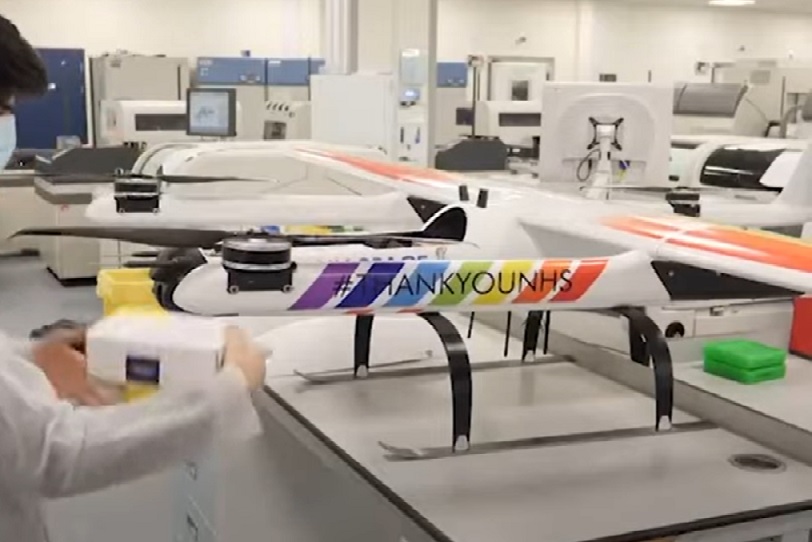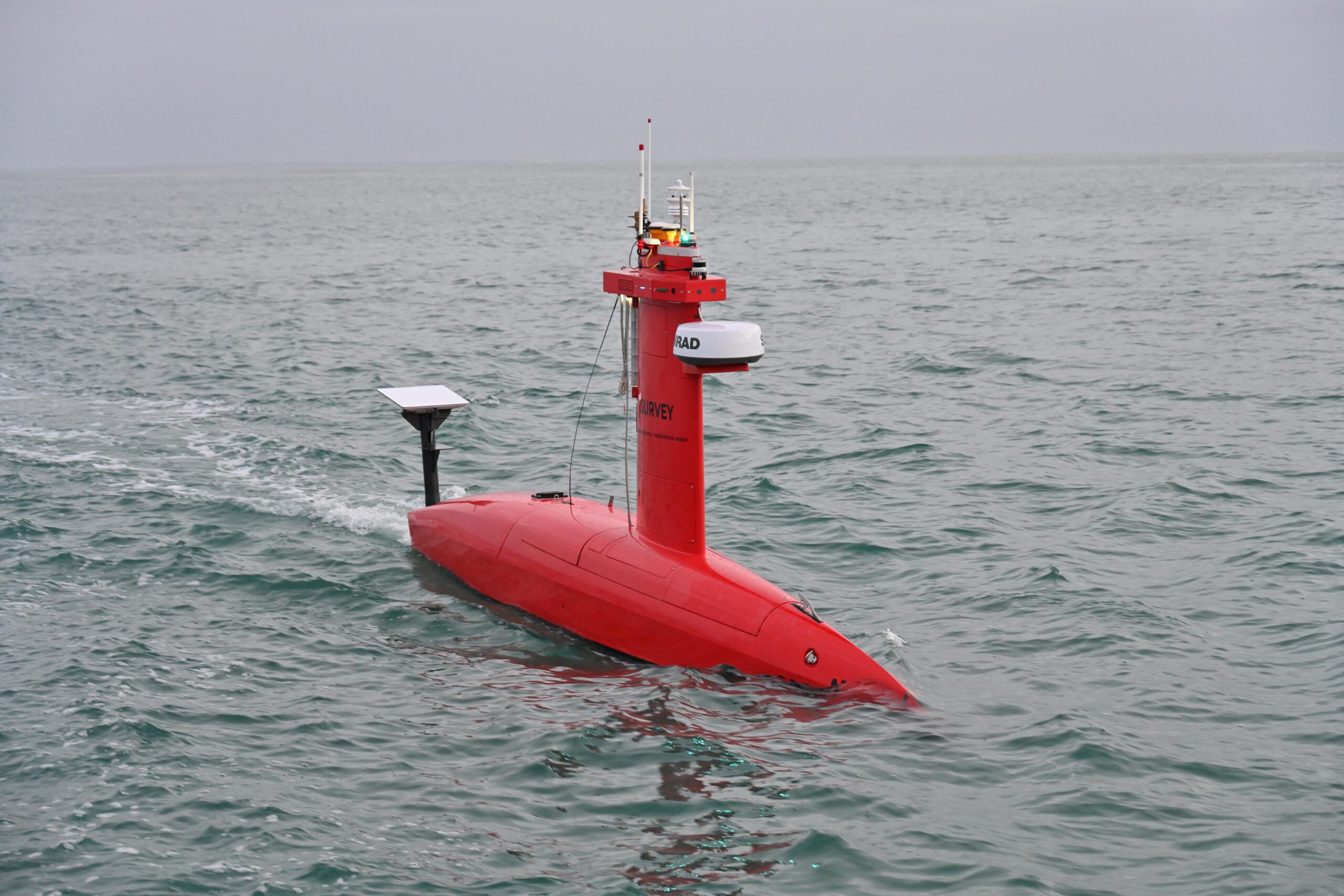This post is also available in:
 עברית (Hebrew)
עברית (Hebrew)
Imagine a coronavirus test being dropped at your front door. Many remote communities do not have easy access to testing centers and medical supplies to support rapid testing and containment. Ground transportation carries samples from remote areas to labs, but it takes time. Now, drones could complement those services, and provide access when traditional means will not work.
Advanced tests have been carried out all over the world. In Israel, the NA’AMA governmental project for urban airspace mobility has been designed for the drone delivery of COVID-19 tests and medications. Ayalon Highway, the Ministry of Transportation, the Civil Aviation Authority of Israel, Smart Transportation administration in the Prime Minister’s office, and the Israel Innovation Authority, with HealthIL community. A test has been carried out for several months in the Dorot medical center in Netanya, and recently, medications and tests deliveries were conducted at the compounds of the Ziv Medical Center at Safed.
In Canada, a drone under development will deliver medical equipment and test kits for COVID-19 to remote areas, and to connect these communities to laboratories more quickly.
Researchers at the University of Calgary, the Southern Alberta Institute of Technology (SAIT), Alberta Health Services (AHS) and Alberta Precision Laboratories (APL) are partnering with the Stoney Nakoda Nations (SNN) in the development of drone delivery of medical supplies to remote sites across Alberta, Canada.
“In many areas of Canada, drones must be guided and monitored with the assistance of line of sight,” says Wade Hawkins from SAIT, co-principal investigator on the project. “We hope to move beyond visual line of sight and fly from a lab or health centre directly to a remote community.”
Last June, the researchers conducted a successful test run at the Morley reserve using SAIT’s unmanned SwissDrones SDO 50 V2 helicopter, which can carry a payload of up to 45 kilograms. The load included personal protective equipment and COVID-19 test kits.
The tests confirmed that test kits for COVID-19 can be delivered to a remote area, and the samples can survive the return to a lab with no degrading of the specimen.
Researchers are planning additional trial runs in the coming weeks at other SNN reserves. If drone delivery proves effective, the project could grow from a Calgary initiative to a tool used nationally and even globally to respond to medical emergencies in remote and isolated areas, according to suasnews.com.
In the US, retail giant Walmart is working with drone services provider, DroneUp, to deliver COVID-19 nasal swab test kits. The six-week pilot program provides the test kits for free for people within a one-mile radius of a participating location.
In the UK, an NHS drone is being tested in carrying Covid-19 samples, test kits and protective equipment between hospitals. The drones can carry a maximum weight of 2kg (4lbs) and fly about 60 miles (96km). They will fly at 300ft (90m) above ground level and are designed to withstand harsh weather.
The project, founded by healthcare drone start-up Apian, is supported by Anglia Ruskin University and funded through a share of a £1.3m grant from the UK Space Agency, according to bbc.com.


























